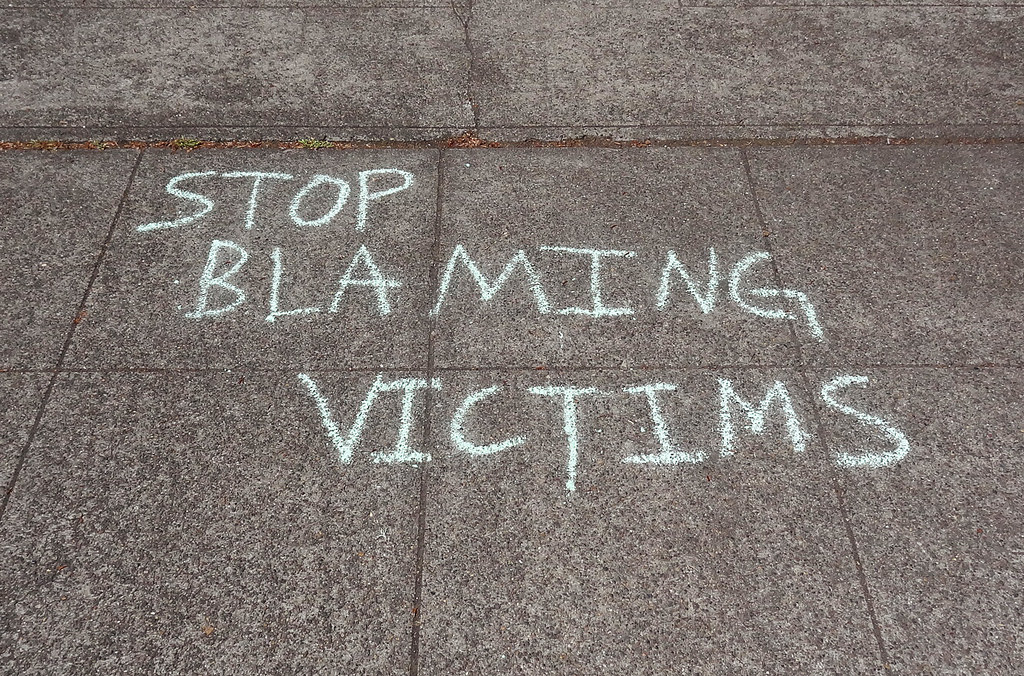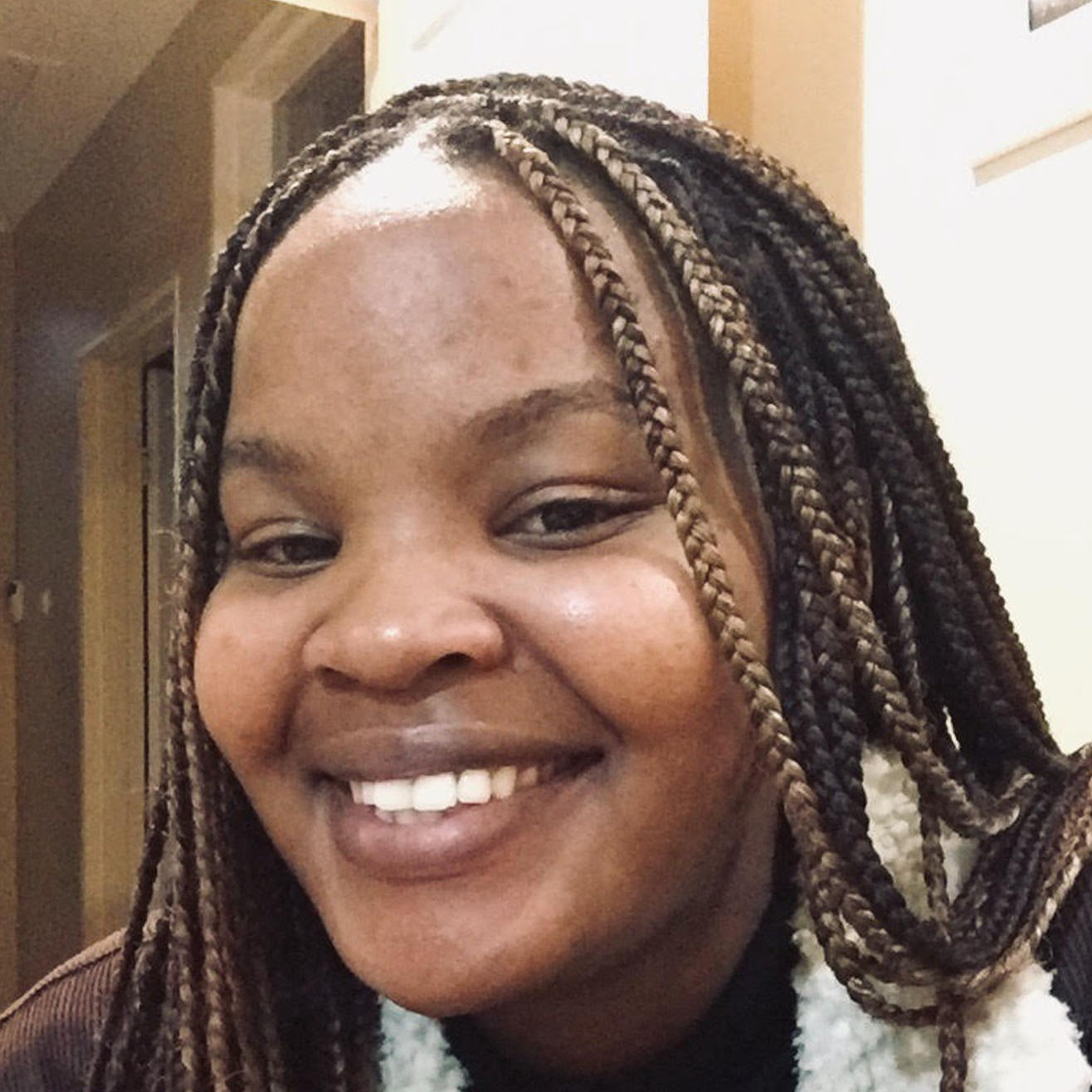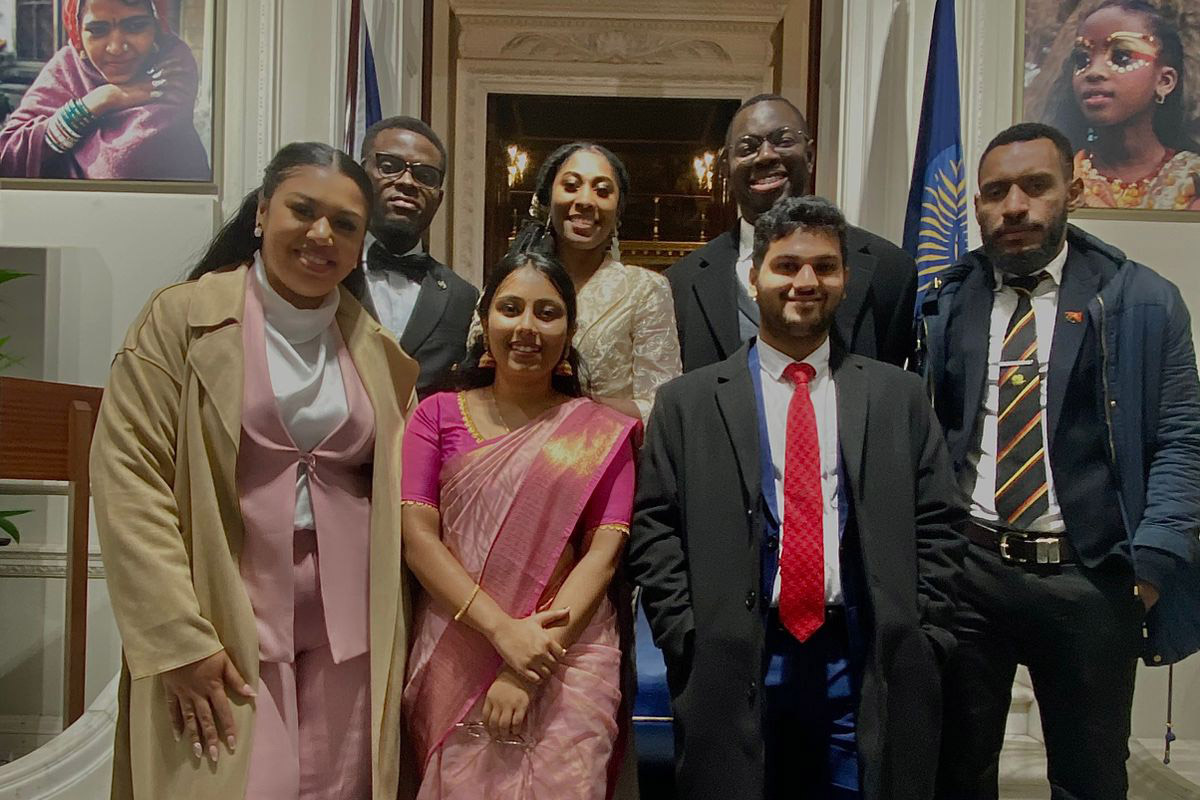“The meaning of the word ‘NO'”
October 30 Kiyara Matambanadzo, 16, a Correspondent from Harare in Zimbabwe, writes that more complex discussions about ‘rape’, ‘sexual assault’, and the meaning of ‘consent’ need to take place in the mainstream if change is to occur.
Kiyara Matambanadzo, 16, a Correspondent from Harare in Zimbabwe, writes that more complex discussions about ‘rape’, ‘sexual assault’, and the meaning of ‘consent’ need to take place in the mainstream if change is to occur.
In today’s society there are few words more powerful than the word ‘rape’.
Rape is an utterly horrifying and inexcusable crime. In Africa and across the world, however, we rarely ever talk about what it is, what it means, and how to fight against the culture that helps perpetuates it.
Due to rapidly rising documentation of rape/sexual assaults over the past few years, the conversation surrounding rape (and sexual assault) become highlighted on social media. This phenomenon has helped give rise to what is known as ‘rape culture’, a practice that seeks to condone, justify, excuse rape or blame a victim.
The thing with female rape cases is that it directly reflects how women are seen in the media and society, as objects fit for nothing else but for the benefit of men. If, in many cultures, women were seen as important members of their communities, I am certain that the number of rape cases occurring worldwide would be much, much less. Regrettably, there is still a long way until this lofty ideal can be fully realized.
The United Nations defines rape as ‘sexual assault without valid consent.’ This definition begs the never-ending question, what is valid consent? This has forever been a topic shrouded in mystery; and it is a major reason why most rapes cases do not lead to rape convictions.
In England and Wales, for example, it is considered consent if someone ‘agrees by choice and has the freedom and capacity to make that choice.’ This is one of the best definitions of consent that I have found considering that it covers the many ambiguous aspects of consent. This definition allows us the belief that if the victim is under the influence or they are unconscious during the incident then they do not have capacity to give valid consent which in turn means that women who are assaulted while under the influence are not blamed for being so but are protected by the law. This definition also covers those who have been threatened into agreeing and allows that they can also charge under rape.
Indeed, this is a good definition of consent – but it is only that. A good definition does not mean that every case reported to authorities is given proper treatment.
In many, many parts of Africa, talk of rape is considered taboo. What needs to change is that more and more girls and boys need to be educated on what rape is, what it means, and how we can fight against it.
Too often, victims are reluctant to seek justice and assaults go unreported. For progress to begin we need to rid ourselves of the delusion that the meaning of the word ‘no’ is a vocal proclamation, and a word devoid of any form of consent.
photo credit: Wolfram Burner via photopin (license)
…………………………………………………………………………………………………………………
About me: I am a teenaged Zimbabwean citizen. In an environment where people only put stock in doctors and lawyers as successful and influential members of society, I aspire to be an impacting member of Africa and the world by addressing the harsh truths of society today. My ambition as of now is to be able to break out of the stigmatic bond of being an African girl child and allow others to do the same.
…………………………………………………………………………………………………………………
Opinions expressed in this article are those of the author and do not necessarily represent the views of the Commonwealth Youth Programme. Articles are published in a spirit of dialogue, respect and understanding. If you disagree, why not submit a response?
To learn more about becoming a Commonwealth Correspondent please visit: http://www.yourcommonwealth.org/submit-articles/
…………………………………………………………………………………………………………………






